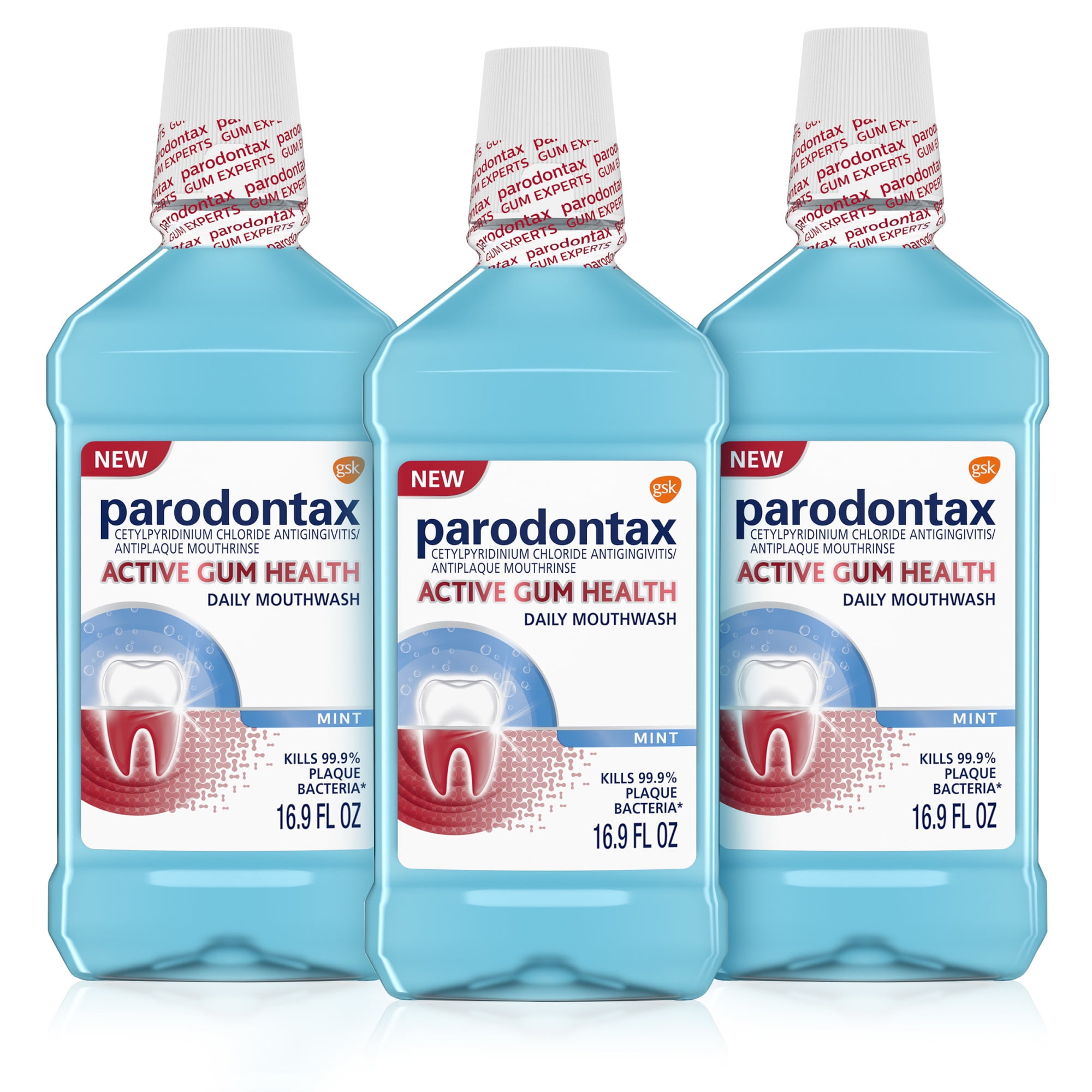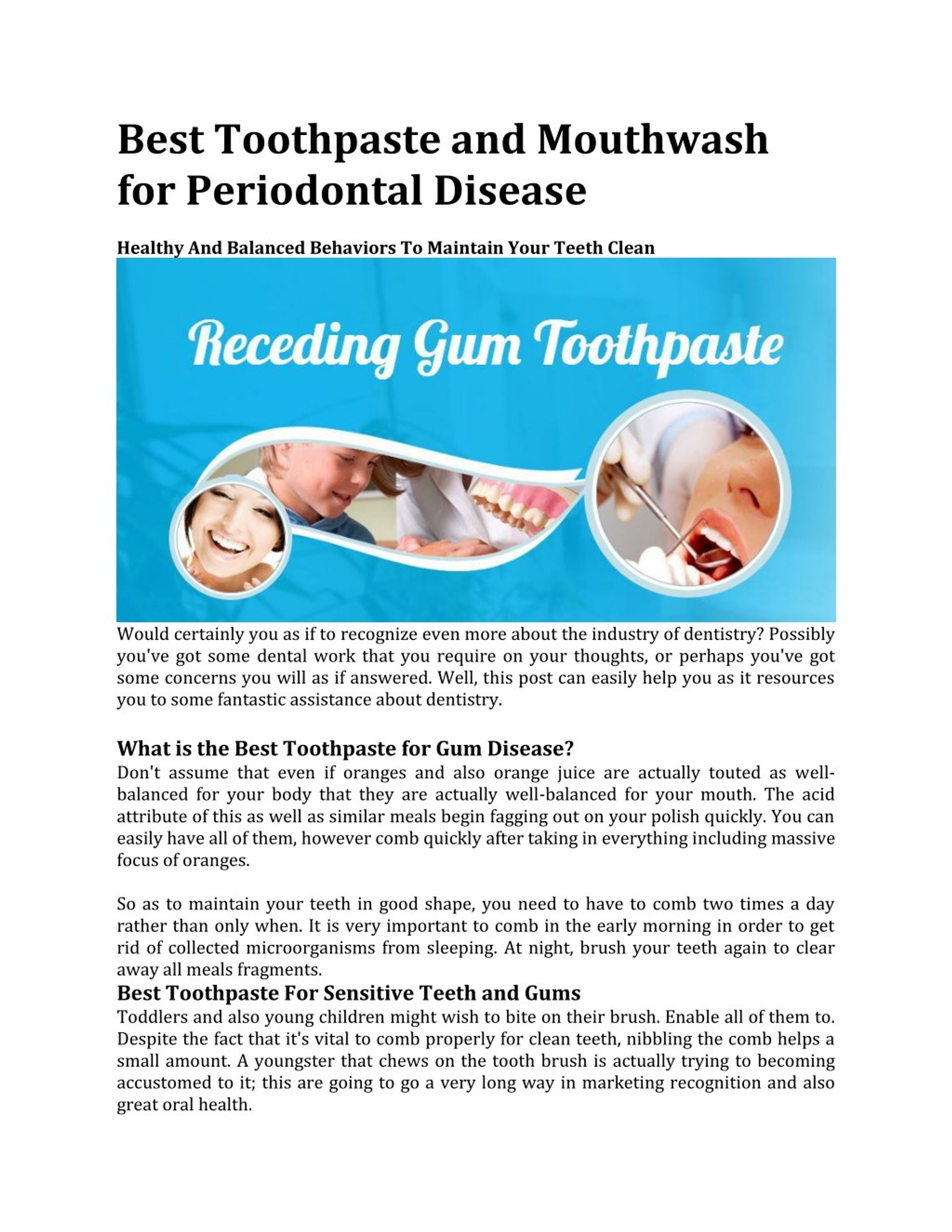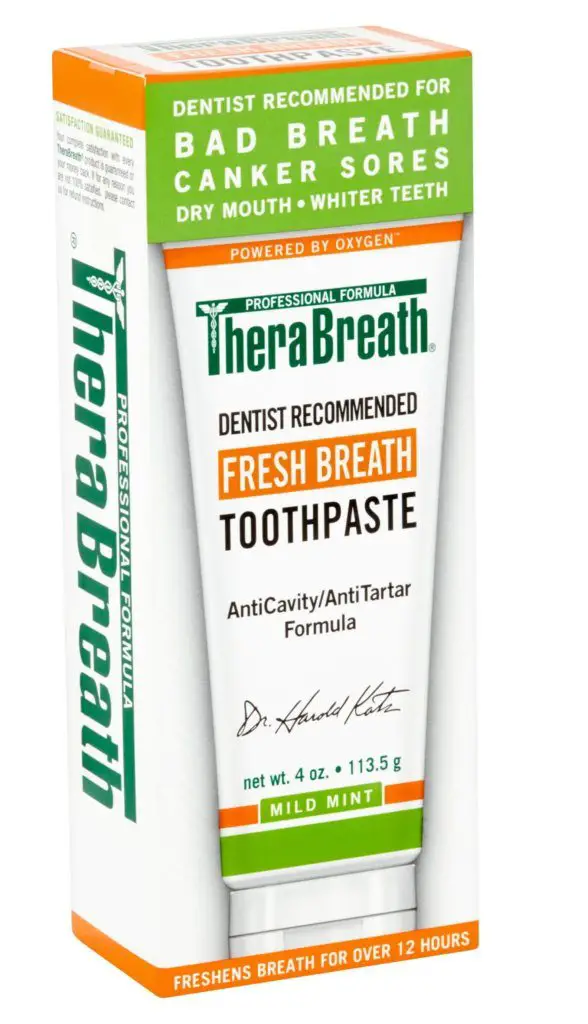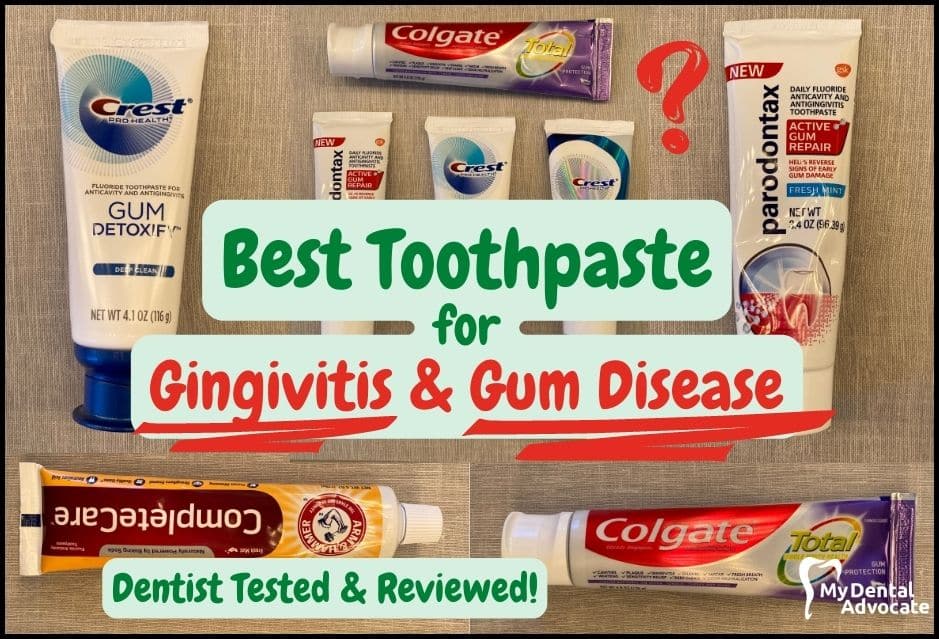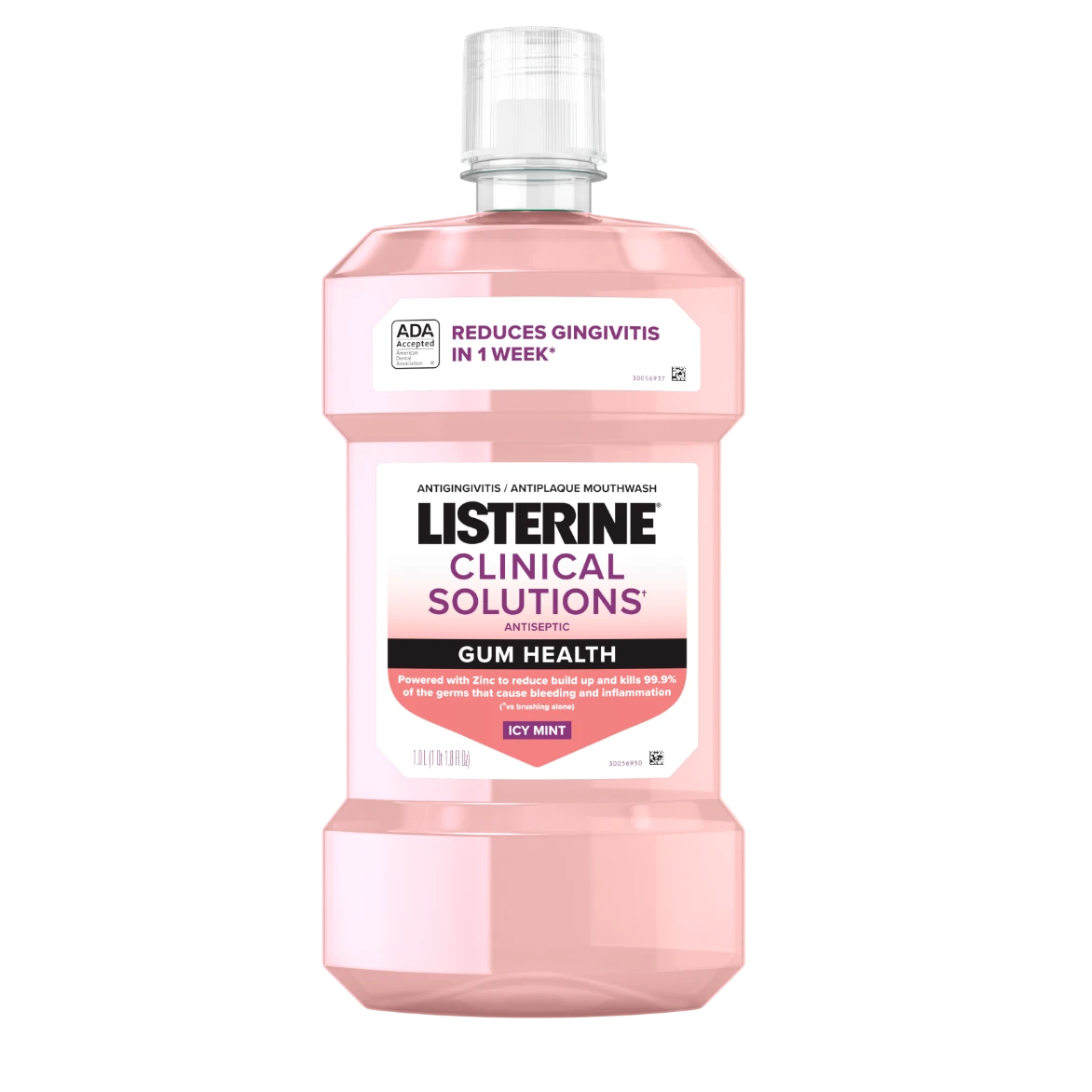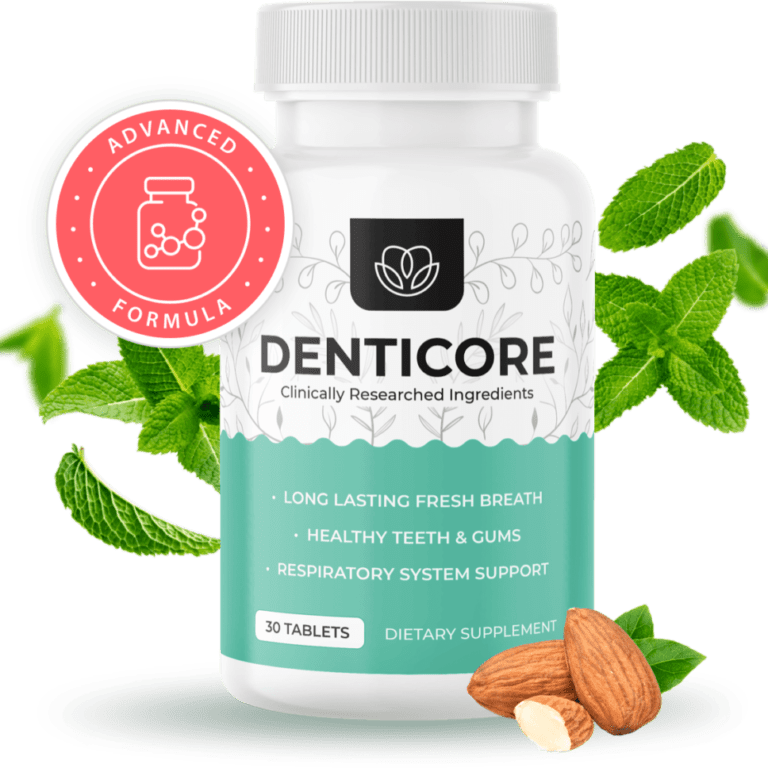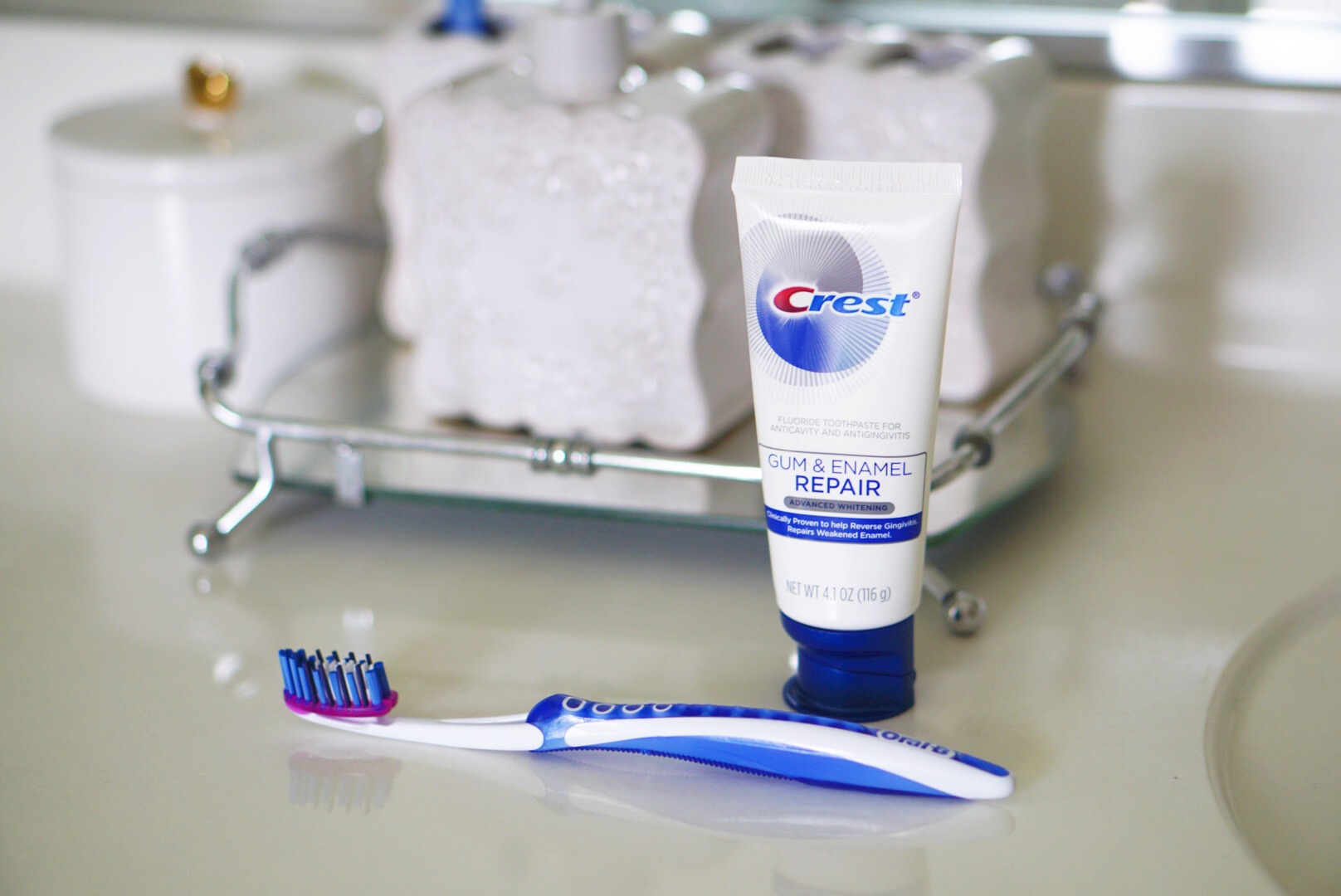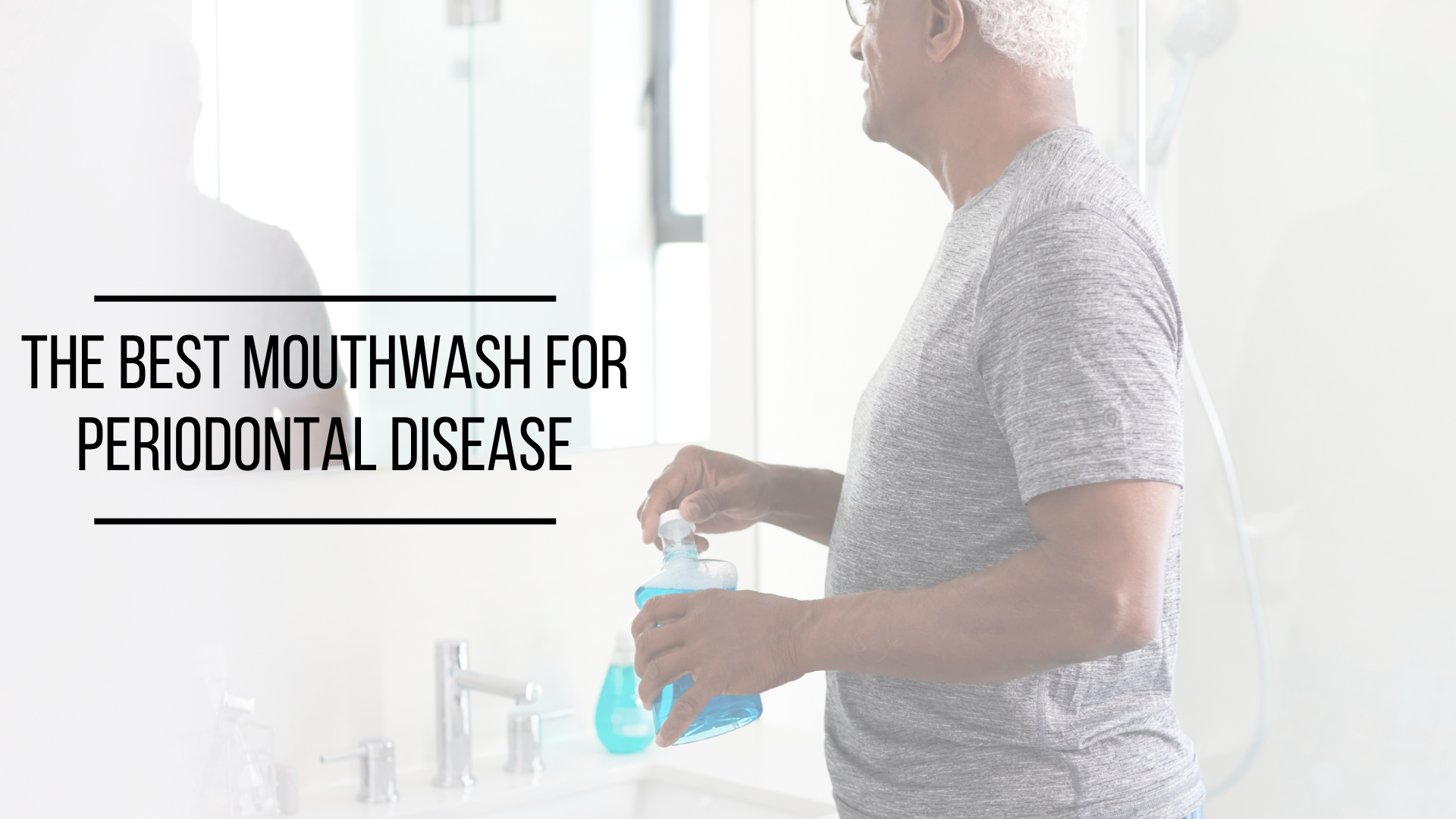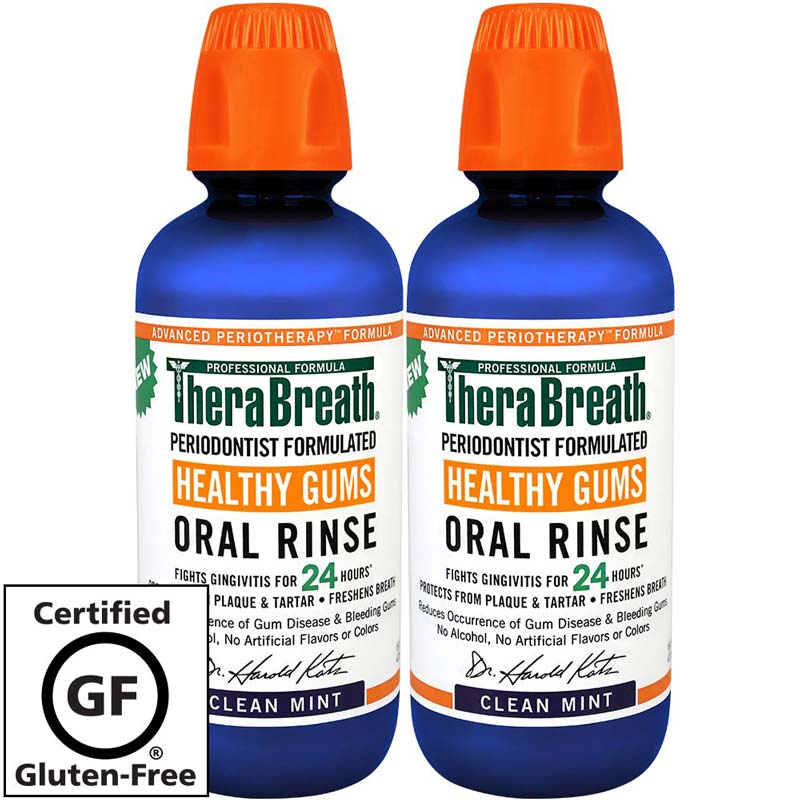Best Toothpaste And Mouthwash For Periodontal Disease

Gingivitis, the initial stage of periodontal disease, affects nearly half of adults over 30 in the United States. Left untreated, it can progress to periodontitis, a severe gum infection that damages the soft tissue and bone supporting teeth, potentially leading to tooth loss and systemic health complications.
Choosing the right toothpaste and mouthwash is crucial for managing and preventing periodontal disease. This article delves into the science-backed options that offer the best defense against this pervasive oral health threat, providing guidance for consumers and dental professionals alike.
Understanding Periodontal Disease and the Role of Oral Hygiene
Periodontal disease, also known as gum disease, is primarily caused by poor oral hygiene. Plaque, a sticky film of bacteria, constantly forms on teeth. If not removed through regular brushing and flossing, it hardens into tartar (calculus), which irritates the gums and leads to inflammation.
Gingivitis, the early stage, is characterized by red, swollen, and bleeding gums. At this stage, damage is still reversible with improved oral hygiene and professional cleaning. However, untreated gingivitis can advance to periodontitis, where the gums pull away from the teeth, forming infected pockets that can destroy bone and tissue.
Effective oral hygiene is paramount in preventing and managing periodontal disease. This includes brushing twice daily, flossing daily, and using a therapeutic toothpaste and mouthwash specifically formulated to target the bacteria and inflammation associated with gum disease.
Key Ingredients to Look for in Toothpaste
When selecting a toothpaste for periodontal disease, several key ingredients offer significant benefits. These ingredients work synergistically to combat plaque, reduce inflammation, and promote gum health.
Fluoride
Fluoride is a cornerstone of dental health, strengthening tooth enamel and making it more resistant to acid attacks from bacteria. It also aids in remineralizing weakened enamel, reversing early signs of tooth decay.
All toothpastes recommended for managing periodontal disease should contain fluoride. The American Dental Association (ADA) recommends using a fluoride toothpaste to help prevent cavities and strengthen teeth.
Antimicrobial Agents
Antimicrobial agents target and reduce the bacteria responsible for plaque formation and gum inflammation. Several ingredients fall into this category, each with unique mechanisms of action.
Triclosan, an antimicrobial agent, was once widely used in toothpaste to reduce plaque and gingivitis. However, due to concerns about its potential impact on antibiotic resistance and hormone disruption, the FDA banned its use in over-the-counter hand soaps in 2016.
Stannous fluoride not only provides fluoride benefits but also has antimicrobial properties. Studies have shown that stannous fluoride toothpaste can effectively reduce plaque, gingivitis, and bleeding gums.
Zinc citrate is another antimicrobial agent that helps control plaque and tartar buildup. It inhibits the growth of bacteria and reduces the formation of volatile sulfur compounds, which contribute to bad breath.
Anti-Inflammatory Agents
Reducing inflammation is crucial in managing periodontal disease. Some toothpastes contain ingredients specifically designed to soothe and calm inflamed gums.
Potassium nitrate is often added to toothpastes to reduce tooth sensitivity, a common symptom of gum recession associated with periodontal disease. It works by blocking nerve signals in the teeth, reducing pain.
Mouthwash: An Adjunct to Toothpaste for Optimal Oral Hygiene
Mouthwash complements brushing and flossing by reaching areas that these methods might miss. Therapeutic mouthwashes specifically designed for periodontal disease contain active ingredients that target bacteria, reduce inflammation, and promote healing.
Chlorhexidine Gluconate (CHG)
Chlorhexidine gluconate (CHG) is a powerful antimicrobial agent considered the gold standard for treating gingivitis and periodontitis. It effectively kills a broad spectrum of bacteria and viruses in the mouth.
However, CHG mouthwash has potential side effects, including staining of teeth, altered taste perception, and increased tartar buildup. It is typically prescribed by a dentist for short-term use to manage severe cases of gingivitis or after periodontal surgery.
Essential Oils
Mouthwashes containing essential oils, such as thymol, eucalyptol, menthol, and methyl salicylate, have demonstrated antimicrobial and anti-inflammatory properties. These essential oils disrupt bacterial cell walls and reduce plaque and gingivitis.
Unlike CHG, essential oil mouthwashes are generally safe for long-term use. They are a good option for maintaining oral hygiene and preventing the recurrence of periodontal disease.
Cetylpyridinium Chloride (CPC)
Cetylpyridinium chloride (CPC) is another antimicrobial agent found in some mouthwashes. It works by disrupting bacterial cell membranes, leading to cell death.
CPC mouthwashes can effectively reduce plaque and gingivitis. However, some individuals may experience staining of teeth or altered taste perception with prolonged use.
Choosing the Right Products: A Personalized Approach
Selecting the best toothpaste and mouthwash for periodontal disease requires a personalized approach. A dentist or dental hygienist can assess individual needs and recommend products based on the severity of the condition, existing oral health issues, and patient preferences.
For individuals with mild gingivitis, a fluoride toothpaste containing stannous fluoride or zinc citrate, combined with an essential oil mouthwash, may be sufficient. Those with more advanced periodontitis may require prescription-strength CHG mouthwash for short-term use, followed by a maintenance regimen with a therapeutic toothpaste and mouthwash.
It's crucial to follow the instructions provided on the product label and consult with a dental professional for personalized guidance. Regular dental checkups and professional cleanings are also essential for maintaining optimal oral health and preventing the progression of periodontal disease.
The Future of Periodontal Disease Management
Ongoing research continues to explore new and innovative approaches to managing periodontal disease. This includes the development of novel antimicrobial agents, anti-inflammatory therapies, and regenerative techniques to restore damaged tissue and bone.
Furthermore, advancements in personalized medicine may lead to tailored oral hygiene regimens based on an individual's unique genetic and microbial profile. This could allow for more targeted and effective prevention and treatment of periodontal disease.
By staying informed about the latest scientific advancements and working closely with dental professionals, individuals can take proactive steps to protect their oral health and prevent the devastating consequences of periodontal disease.
![Best Toothpaste And Mouthwash For Periodontal Disease 10 Best Mouthwash for Gum Disease and Gingivitis [Updated 2023]](https://www.oralcarehome.com/wp-content/uploads/2018/08/Best-Mouthwash-for-Gum-Disease-and-Gingivitis.jpg)
